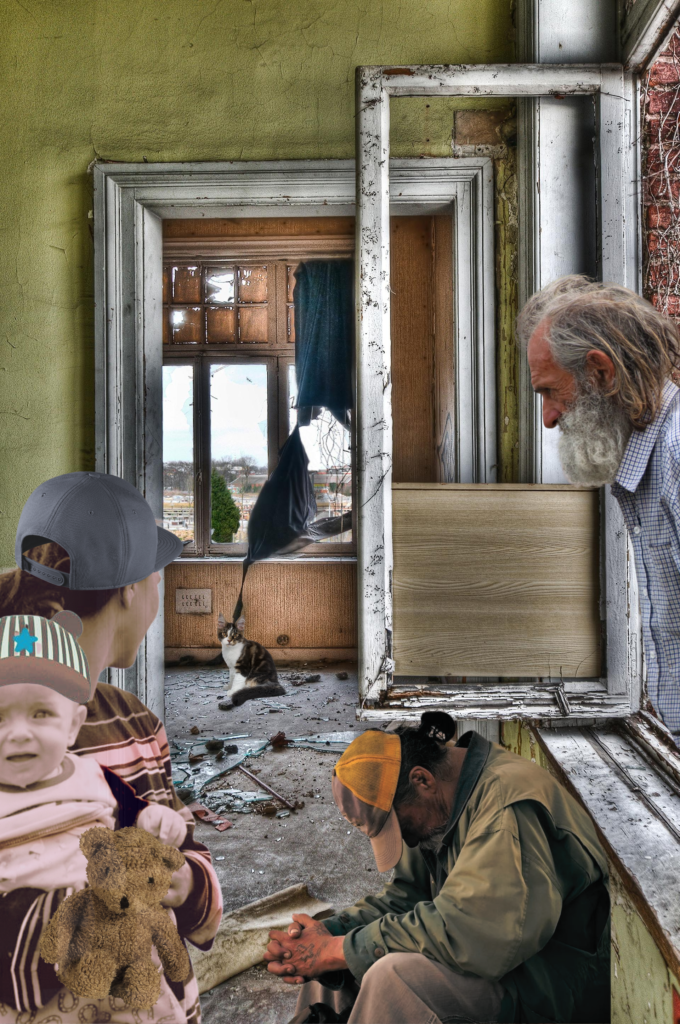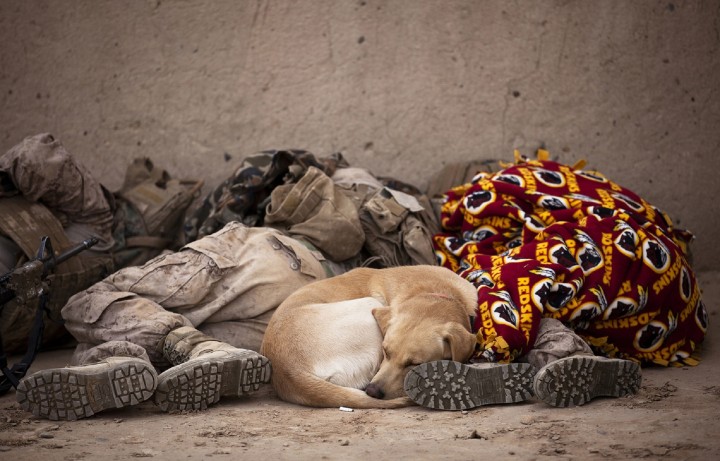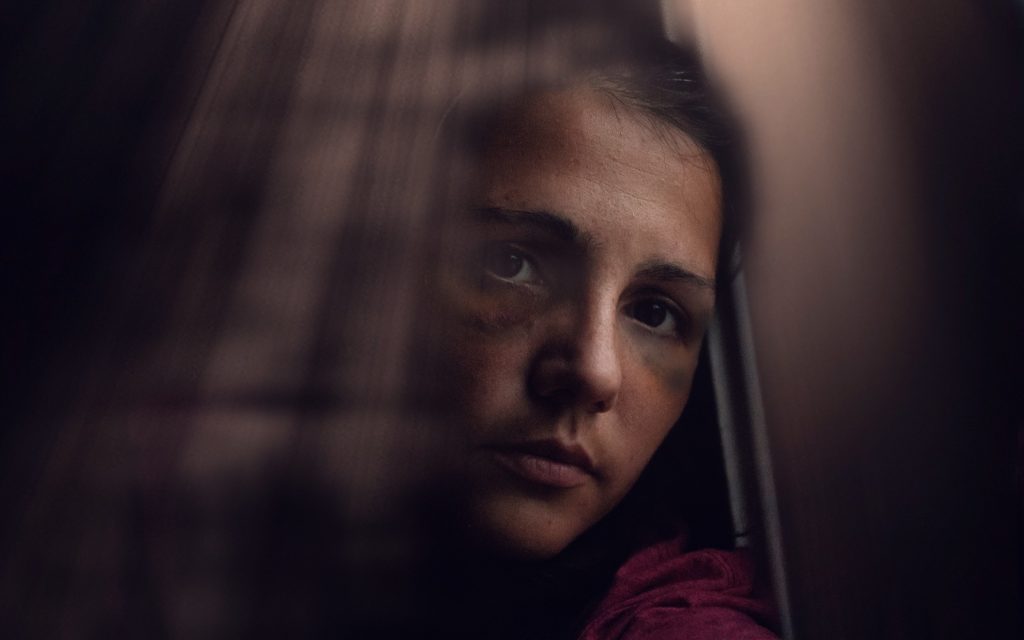The Cure for Homelessness: Part 2 – The Homeless Heart
PART TWO: The Homeless Heart—How We’re All Unsheltered.
(Click here to read Part One: Unsheltered: How Does It Feel?

There’s no doubt that those who are outside those four walls—the men and women living on the street—are generally judged the harshest by those who consider themselves above that way of life. Never mind that anyone seeking to numb, distract or distance themselves from their emotional pain—no matter what their numbing agent of choice is, falls into the same category.

And yet, no one judges, or distances themselves from the one with the “respectable” addiction that more often than not means hours spent on the web, texting, gaming, watching Netflix and/or indulging a social media obsession. In truth, identified drug addicts make up only a small narrow segment of our addicted population—the rest of society’s addicts are on a spectrum and dispersed through every strata of society. That addiction could be shopping, working out obsessively, overeating, undereating (anorexia or bulimia), hoarding, gambling, shopping…whatever our particular numbing agent of choice is, it matters little in terms of its effect on our souls—and ultimately, society.
That Still Small Voice
The deeply concerning part is that our conviction at the lack of an inner life—of not connecting to the heart of God in an intimate way because we’re too busy or too distracted with all the ‘shiny objects” out there—even if they’re good things—barely registers in our spirits. All too often, it seems, we feel only a vague disquiet at this lack of intimacy with God. So, while most of us aren’t sticking needles in our arms, or snorting powder through our nose, or downing a pint of vodka before noon, neither are we keeping our hearts tender, and our spirits open to His Voice…to that “still small voice.” How can we? There’s too much noise—He can barely be heard above the din.

One of the only times we become aware of our passive, dull hearts is when we’re confronted with people who wear their dysfunction for all the world to see: the angry people, the unkempt people, the grossly obese people, the anorexic people, the homeless and addicted people, the mentally ill people, the people who hold opposite views from our own…really, anyone who manages to make us feel uncomfortable.
Those are the people we go to great lengths to avoid—fearful, perhaps, that what ails them will rub on off us when we’re trying so desperately to keep up appearances—even attempting to impress God as we grace Him with a slice-of-pie portion of our hearts.
The lesson here is clear: We’re all unsheltered when we’re not sheltering under the wings of the Most High. In other words, there is no “them”—there’s only “us”.

The Avoided
“The real tragedy of being homeless is that it makes all of the shameful conditions of your life visible for all to see,” says Barb. “Your joblessness, your family dysfunction, your financial troubles, your alcohol abuse, your depression, your drug addiction, your mental instabilities, or whatever defects exist in your self-worth—they all get exposed when you’re homeless.”
Barb, who managed to escape life on the streets and went on to run a successful company, shares how it feels to be one of the “avoided.” “I believe that the issue of shame and loss of dignity has been mostly overlooked when dealing with the homeless. It’s why I think most attempts to remedy the problem have fallen short. Many of those societal trappings of acceptability—like having a job, or being able to pay your bills, or having a house or having kids or having friends—are at the root of much of our shame. There’s so much out there to make us feel bad, when in truth, none of these things have anything to do with your worth or your value. Yet they rob us of our dignity when they are missing.”
“If you find yourself homeless, you won’t have much in common with other Americans, e.g., weekends, love, family, children, friends, peace, safety, privacy, credit, sleep, warmth, Costco, good health, voting rights, water, a pet, toothpaste, a bed, a kitchen, vegetables, protein, hobbies, underwear, clothing that fits…the list is endless.” –Cat V., formerly homeless

You Can’t Hide From Those Prying Eyes
Barb knows this gripping feeling of shame all too well. As a child raised in a highly dysfunctional family—fueled by alcoholism and repeated loss—she often found refuge in various and sundry places, such as cars, laundromats and stores. What she was seeking was a safe and stable place to live—and to hide from prying and judgmental eyes. But, as Barb shares, it really had nothing do with the structure known as a “house.”

“Can you be homeless, while still having a house to live in? The answer is yes,” says Barb. “And the reason I believe we have not actually improved the homeless situation in the U.S. very much is because too many people identify “home” as being a physical structure with four walls and a roof and miss the point of home altogether. For me, homelessness is the emotional state of not feeling safe, protected, cared for, or secure. It’s the emotional state of feeling desperate, with no place to go, and no one to turn to. It’s that emotional state of being alone and on your own.”
If this is the case, if this is an accurate assessment of what homelessness really is, then wouldn’t it make sense to first help build the spiritual and emotional foundation needed to give a homeless person a “future and a hope”—before addressing the housing issue that seems to be what certain factions tend to focus on the most?
“There’s a reason that some people return to their tin and cardboard shack under the bridge, or their abandoned car, or their cubbyhole in an empty building after they’ve been provided a “perfectly good apartment” or some other form of residence,” says Barb. “For them, that housing represents just one more way they don’t measure up [to society’s expectations].
What we are communicating is that a homeless person’s solution [their tent or their cardboard shack], which to some degree is providing them shelter, warmth, comfort and protection, is not good enough and therefore, they are not good enough. So, once again their dignity has been stolen by our societal expectations and standards. I know it’s hard to believe that an abandoned house or a car could ever provide more comfort than a decent apartment with modest furnishings, a fridge and a stove. But I assure you, it can.”

